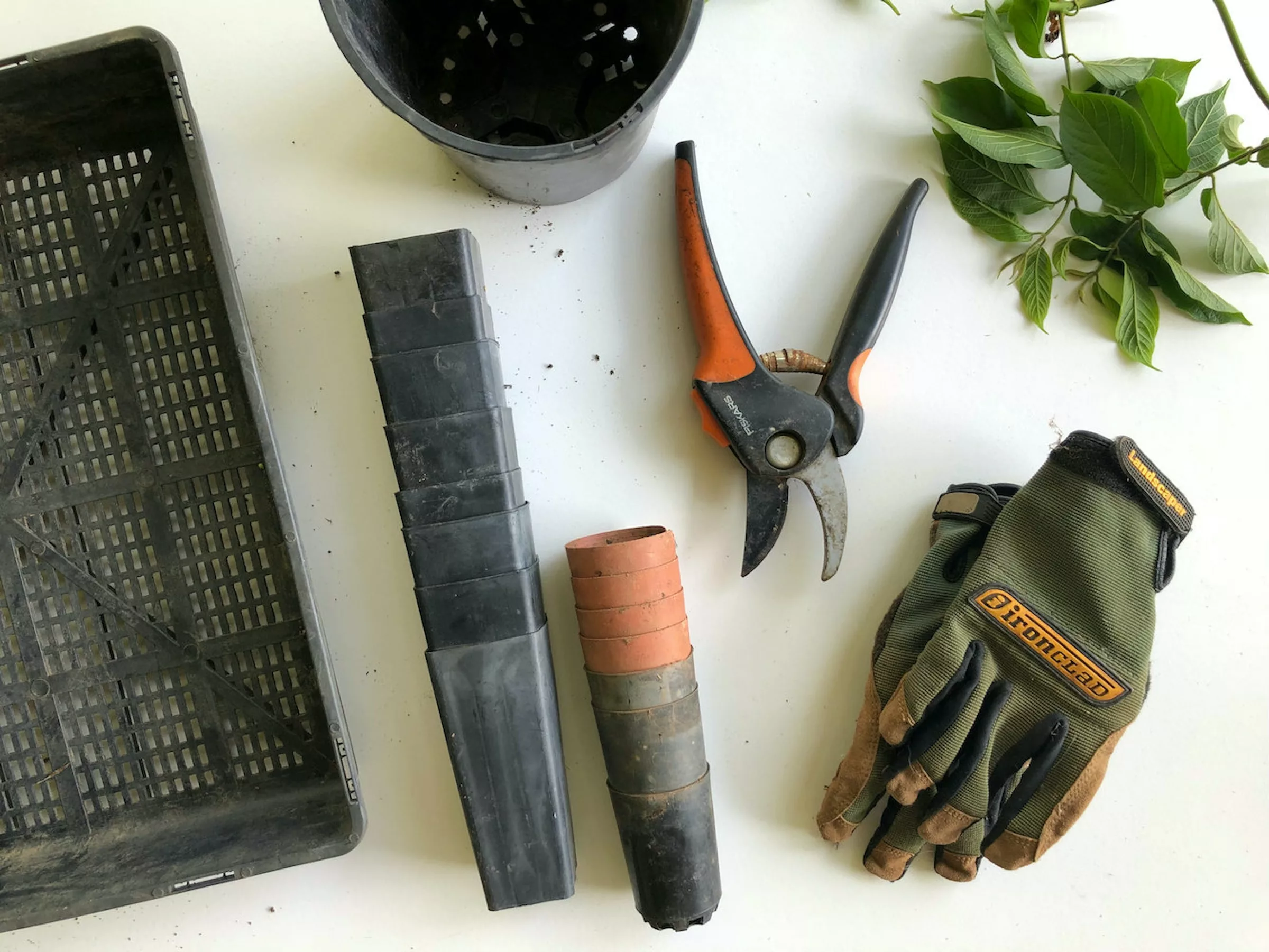Essential Gardening Tools and Supplies for Beginners
Are you new to gardening and wondering what tools and supplies you’ll need to get started?
While all you really need is some kind of place to grow, sun, and water, having the right tools and supplies can certainly make the process more enjoyable and productive. Here are a few tools that might be useful:
1. Gloves
Not a must, but nice to have, especially while you are weeding your plot for the first time. They will protect your hands from thorns, blisters, and other hazards while you work in the garden. Look for gloves that fit well and are made from durable materials that can withstand regular use.
These days I do not use them most of the time.
2. Hand Trowel
A hand trowel is a small, handheld tool that is perfect for digging small holes, planting seeds, and transplanting seedlings. Look for a trowel with a sturdy handle and a sharp, pointed blade for maximum efficiency.
Likely the most used tool of mine.
3. Pruning Shears
Pruning shears are essential for trimming branches, deadheading flowers, and shaping shrubs and trees. Look for shears that are comfortable to hold and have a sharp, durable blade.
They come in handy for those yummy but overgrowing tomatoes.
4. Watering Can or Hose
Watering your plants regularly is important for their growth and health. You can use a watering can for small gardens or a hose for larger ones.
You can use just about any old watering can. Pick one that is comfortable to carry. If it has a nice sprinkler with even distribution, that’s even better.
5. Soil and Fertilizer
Good soil is essential for healthy plant growth. Look for high-quality potting soil that is rich in nutrients and has good drainage. You may also want to consider adding fertilizer to your soil to give your plants an extra boost.
Do not overdo it. It is better to add nothing than to overfeed your plants. Use natural compost and mulches if possible. Or just leave as is, and see how the plants perform.
Join Our Gardening Newsletter for More Tips
If you enjoyed reading this, don’t hesitate to subscribe to our newsletter for a wealth of gardening knowledge and insights. Stay up-to-date on the latest gardening trends, tips, and know-how, and make your green thumb even greener.



